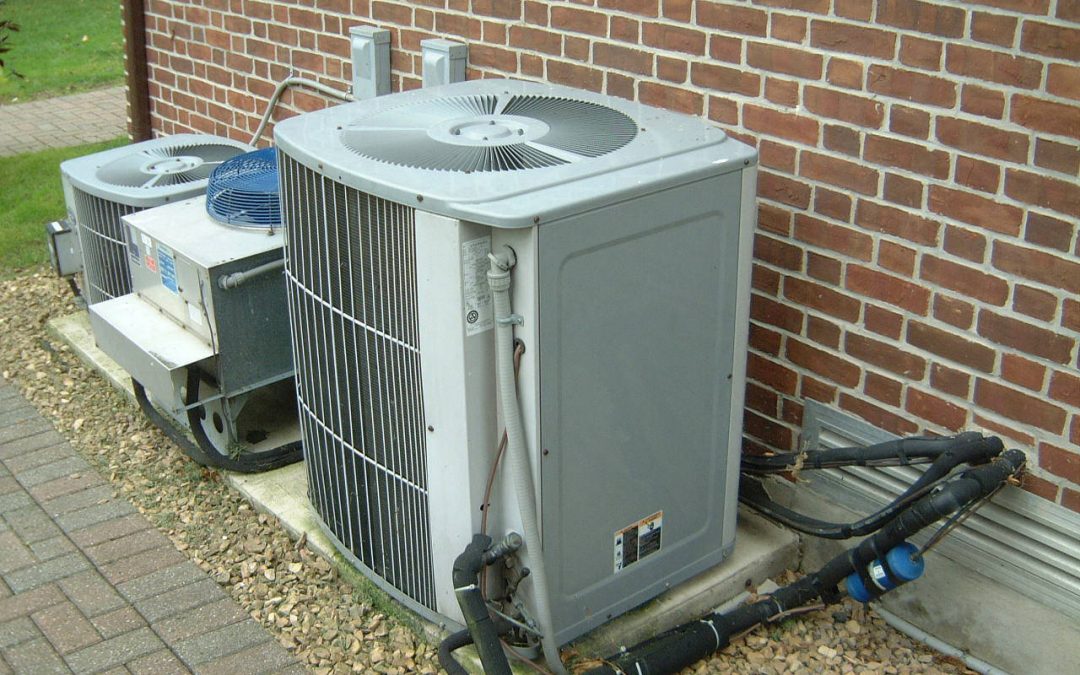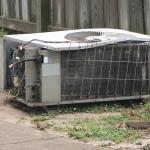Saying it gets pretty hot Down Under would be an understatement. There’s a valid reason for all those summer memes on the Internet. Luckily, us Aussies have a few tricks up our sleeves to keep it nice and (relatively) cool and good old air conditioning is one of them.
An air conditioner is the single most useful piece of equipment when temperatures reach a soaring high. But, as with everything else, it has a shelf life. So what do you know when you can no longer rely on your AC system? If it no longer keeps cool or runs as efficiently as it used to, then it’s time to look for a replacement.
A well-maintained system has multiple benefits – from reduced energy costs and noise levels to increased performance. Typically, a regularly services air conditioner will last longer, but this also depends on the unit itself, the climate you live in and how often you use it. It is normal to expect some wear and tear even on a well-maintained air conditioner after a while. That’s why it’s important to keep an eye on the signs that mean it’s time to replace your air conditioner sooner than later. If any of these signs sound familiar, you know it’s better to start shopping for a replacement unit or be prepared to have your AC repaired at any given moment.
Unit is blowing hot or cold air different than the temperature settings
Older air conditioning units frequently stop cooling or heating properly. They continue to produce regular air levels, but the air isn’t coming out cold or hot as per its settings. For example, during regular use you may experience a wave of warm air on a cool setting or cool air on a warm setting. Sometimes, this is connected to low refrigerant levels. But warm air production when set for cooling more often indicates a serious problem such as a damaged compressor.
Inconsistent temperatures are a sign that your air conditioning unit is on the way out. You can try inspecting the filters, valves, condensation drains and coils for air flow obstructions. However, replacing it with a new one will reduce energy loss and bring down energy costs.
Diminished air flow
When operating, there is little or no cool air coming out of the vents. A significant decrease in air flow is a sign that your air conditioner’s compressor is malfunctioning. If the temperature at your home is too high to be comfortable and a working AC can’t bring it down to a comfortable level, then your air conditioning system is definitely not working at its optimum level. Check the filters first, but be prepared it might be time for a new unit.
Increased noise levels or strange smells
A functioning air conditioning system should be almost completely silent. There may be the occasional sound as it cycles. But any noises different from the norm are a sign something’s off. Minor noise changes could indicate the need for some repairs. Perhaps the fan is malfunctioning or another part has come loose. However, persistent increased noise levels and any rattling, buzzing, screeching, grinding or ticking usually mean there is a more serious problem that warrants the unit’s replacement.
The same goes for unusual smells. A bad smell coming from the unit is not just a nuisance; it indicates a problem you need to address right away. Foul odours can indicate problems with the insulation or mould. Dirt, mould or mildew inside your unit is a serious health concern. When the unit circulates contaminated air through your home, it can cause allergies or more serious illness in people, especially small children and the elderly. Changing your air conditioner if you encounter such a problem will not only reduce noise levels but not jeopardize the health of your household.
Leaks or excess moisture
A small amount of condensation or water dripping on the outside of your unit (i.e. outside the house) is normal. But the air conditioning unit should stay dry whether or not it’s in use for the most part. Any moisture inside the house or a sudden increase in condensation or a leak mean it may be time to replace your air conditioner.
Seek the opinion of a professional air conditioning technician who can inspect it straight away. Sooner the better as electrical components and water are not a good combination. . Once the source of the leak is located, you will know if it makes sense moneywise to repair or replace your unit.
Your energy bills have dramatically increased
One of the main reasons people fit an air conditioner is to reduce energy bills. So a spike in your energy consumption is more than just a nuisance. It’s telltale sign of a major problem with your unit. Even if it seems to be functioning ‘normally’, a surge in energy costs may mean it’s using extra power. If this is the case, it’s best to call a technician to determine why it has become significantly less efficient. If the conditioning system is overworking, the diminished cooling capacity will raise energy costs as your unit struggles to maintain the desired temperature. A simple air vents cleaning or filter replacement can fix this. But sometimes slow speed means the end of the unit’s working life.
There are other signs your air conditioner needs replacement soon, but these are the most common ones. Generally, you don’t want the unit to cost you more time and money in constant repairs than it’s worth. So if you find yourself servicing it more than twice a year, perhaps it’s time for a newer model.
Shopping around for a more economical and efficient option starts with getting quotes from several shops. Don’t overlook the air conditioner’s warranty period – it may be the difference between ending back at the store in no time and buying yourself some extra peace of mind.
Once you start noticing a combination of the signs listed above, don’t wait for a major malfunction in your unit. Call in a professional and start looking for a suitable replacement model. It’s about more than just staying comfortable during the summer months. A fully functioning air conditioner means reduced energy costs, reduced noise levels, improved air quality, and better overall performance. Getting a new unit with a warranty will you get back to enjoying a trouble-free silent, leak-free, energy-efficient summer or winter Down Under.






